Michael Hardt is a political philosopher and a professor of Literature and Romance Studies at Duke University. With Antonio Negri, he authored one of the most important trilogies in contemporary politics and critical theory – Empire (2000); Multitude (2004); and Commonwealth (2008) –, a radical reading of political economy and a manifesto for revolutionary change in the age of global capital. This conversation took place a few months before the passing of Antonio Negri (1933-2023), the philosopher who became one of the towering references for political thought in the last century, as well as one of the leading protagonists during the Years of Lead in Italy, and who, along with Hardt, reached the status of a global intellectual celebrity for the work that they carried out together. As we commemorate the fiftieth anniversary of the Carnation Revolution in Portugal, Hardt has recently published The Subversive Seventies (2023), a bold reconstruction of the history of revolutionary politics in the 1970s which spotlights the Lusophone experience, taking him from Mozambique, Guinea-Bissau, and Portugal all the way to Italy, Iran, and South Korea, approaching the conceptual innovations of those global revolutionary movements. Michael Hardt has talked to Electra about language, activism, love, revolution and prison, and why those political movements from the 1970s have become more important than ever.
Michael Hardt, one of the most distinguished political theorists of our time, talks to Electra about love and revolution, language and liberation, and his new project about the renewed urgency of looking at the global revolutionary movements of the 1970s.
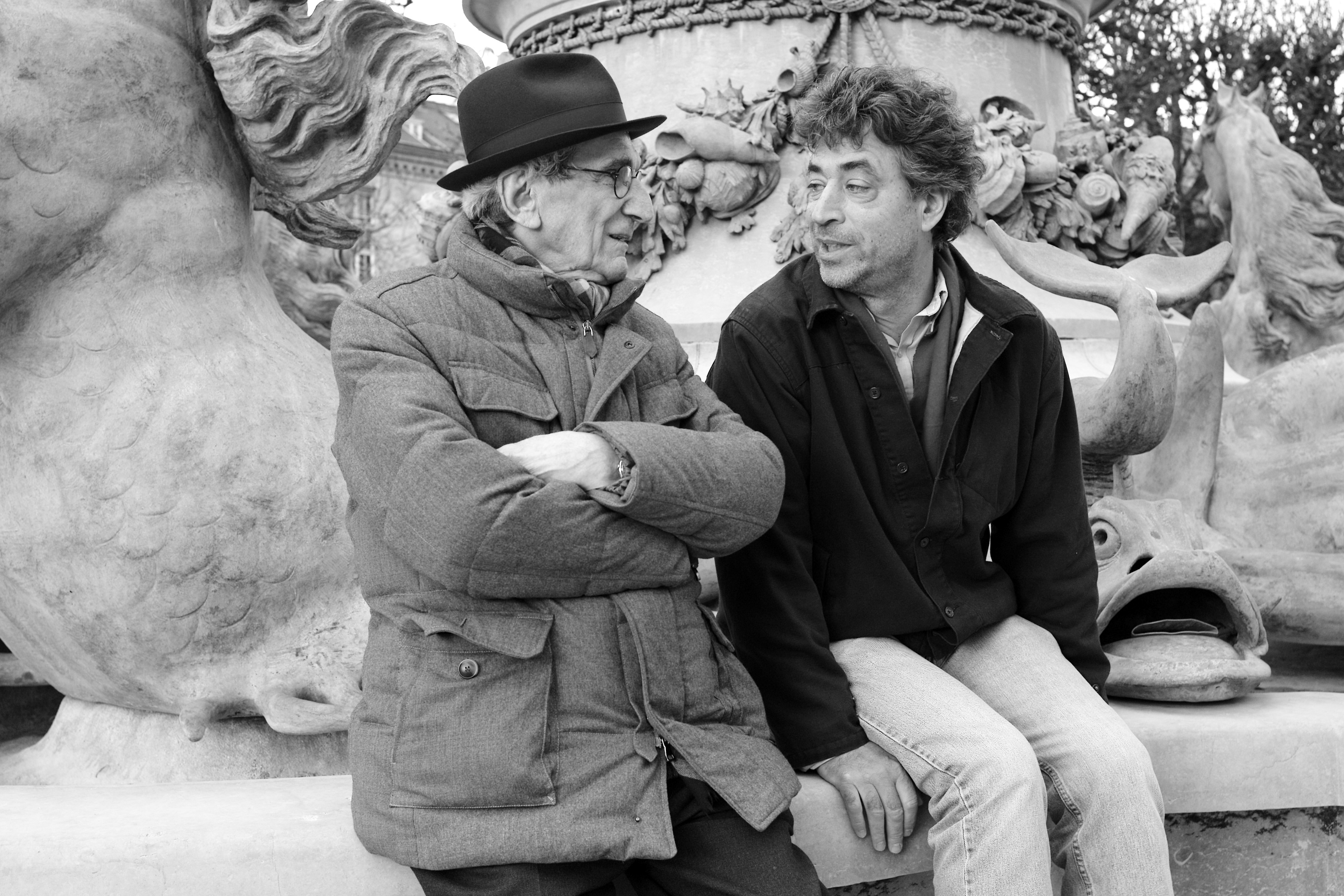
Toni Negri and Michael Hardt © Photo: Christian Werner and Alexandra Weltz
AFONSO DIAS RAMOS Can you tell us a bit about your background, and how you came to be politically active?
MICHAEL HARDT I came to political and critical theory through activism, whereas many people go the opposite direction. I was not a political activist as a teenager; I was not yet informed then. But after I finished university in my early 20s, I became involved in migration activism in the US. At the time, in the early 1980s, this was primarily about Central Americans fleeing US-sponsored wars, especially Guatemala and El Salvador. At first, it was fascinating to work with migrants and issues of migration that intersected with US imperialism. But then I started moving south, first to Mexico City, as part of a movement to help migrants, and then to El Salvador. Understanding their revolution was what really politicized me. But this was a two-step process. On the one hand, I understood the joys of making a revolution and even the affects of activism that those militants provided. On the other hand, I recognized how different their revolutionary process was from what could happen in the US. That was key for me. At that point, I became informed and excited, reading about things that had happened in Italy in the 1970s and had ended already. It seemed much closer to the revolutionary processes that were possible in the US. That set me on a different track. It led me to find a way to engage my activist ambitions and my scholarly desires, and to put the two in dialogue.
ADR What drew you to those Italian theorists in particular?
MH One of the things that helped me a lot and attracted me to Toni Negri’s work, for instance, was that I got the impression that he had figured out what seemed to be an impossible puzzle: how to have a scholarly life and an activist life merged together as one? That was part of the reason, or the inspiration, for why I wanted to meet him.
"I find love an incredibly difficult topic to write and talk to people about."

Portrait of Baruch Spinoza, c. 1665 © Photo: Scala, Florence / Austrian Archives / Herzogliche Bibliothek, Wolfenbüttel
ADR And how did that meeting come about?
MH As a PhD student in the US, I felt like I was a nobody. Toni was living clandestinely in France, after he left prison in Italy in 1983. In order to meet him, in 1985, I translated his book on Spinoza into English [The Savage Anomaly: The Power of Spinoza’s Metaphysics and Politics]. I could then contact him via friends by claiming that I had some translation problems (which, of course, I did). Spending a whole year translating a difficult book in order to get to meet someone is a long process! But it was also wonderful. He asked: ‘why don’t you come to Paris for a week, and we can talk about translation questions?’ I did and we got along really well. Then, he said: ‘why don’t you move to Paris and we can do things together?’ It sounded great to me. I moved to Paris and we started working together.
ADR What does the collaborative process of writing together mean to you?
MH It has occurred to me that I can trace the method to the political journals that functioned in Italy during this period, which Toni had a lot of experience with. The group conducting the journal would come up with topics that needed to be treated. Then there would be assignments, ‘this person writes this’, ‘that person writes that’. That is how it worked with our books together. We come up with very detailed arguments and outlines. Then we divide it up, but not because this is one person’s idea. It is more like assignments, treating the writing as if it were obvious and mechanical, because we have already worked out all the ideas. Of course, as every writer knows, it is not that simple when you start writing. It always turns out to be different than you thought, and it is much more difficult. In any case, we have this assignment method. We also have the habit of revising what the other one wrote. Also, he writes in Italian, I write in English, and so I make the whole thing in English at the end. That is the writing process. What strikes me is that it is rare to find someone that you can write with so comfortably. Collaborative writing is not as easy as one might think. It was a wonderful thing for me, a nice collaboration, magical, fantastic, for almost forty years. Now that I say that, I realize that it has been quite a long time…
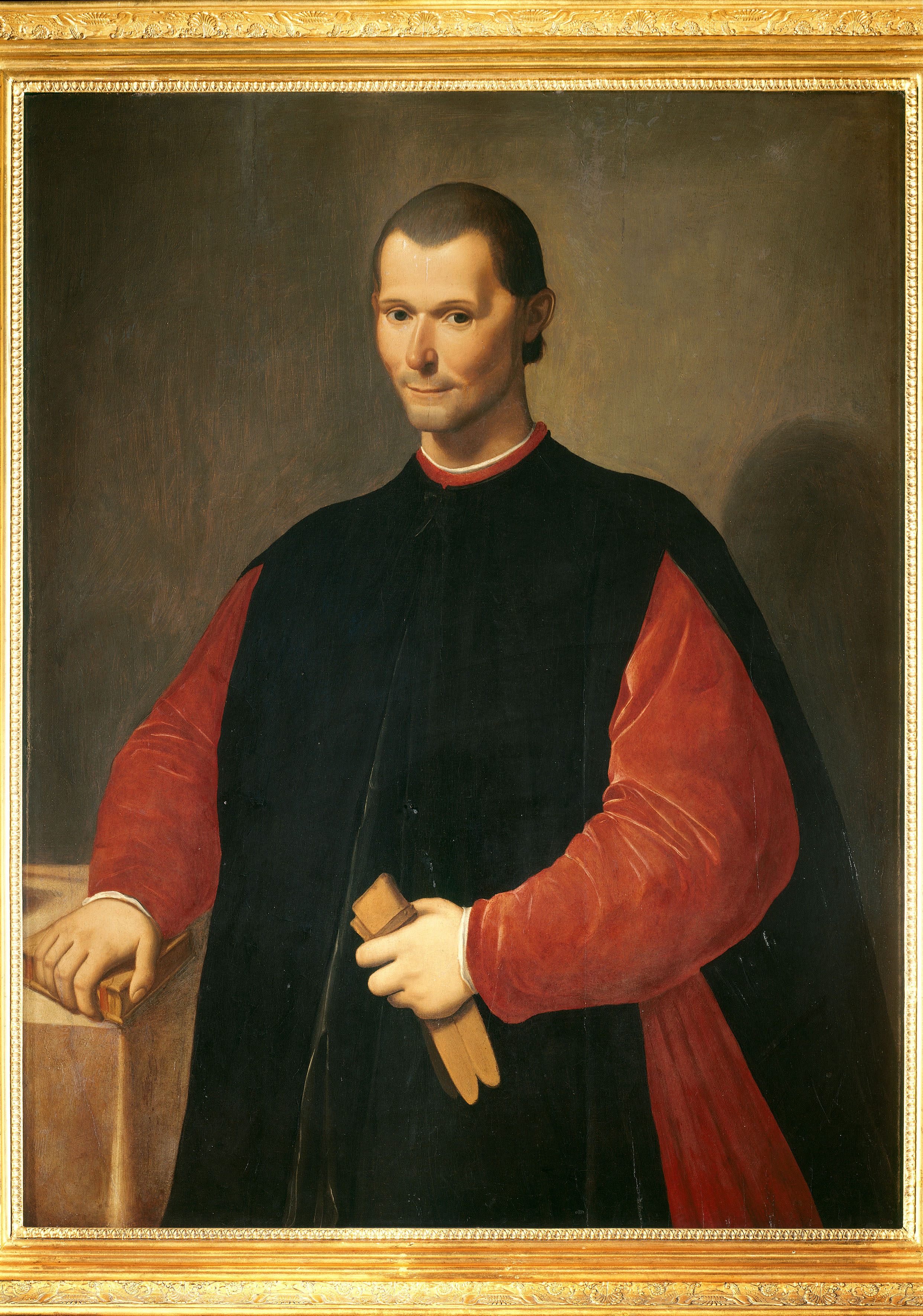
Santi di Tito, Ritratto di Niccolò Machiavelli [Portrait of Niccolò Machiavelli], 1575–1599 © Photo: Scala, Florence / Palazzo Vecchio, Florence
ADR Speaking of writing, you wrote an article on Jean Genet, ‘Prison Time’, in which you made a connection between prison itself and the prison of language. Since then, you have actually worked in prisons, organizing reading groups and teaching Foucault and Althusser to inmates. How did that come about, and what was that experience like?
MH After spending time in Paris, I managed to get a job and returned to the US, and I became frustrated by the kinds of politics done in critical theory here. I was looking for ways to engage politically with the kinds of philosophical work that I was interested in. Then I went to a conference about politics and deconstruction, and I was incredibly depressed about what politics meant in that context. I immediately called the California State Bureau of Prisons (I had a postdoctoral fellowship in Los Angeles at the time) and asked if I could somehow teach there. It felt like an antidote. Not that doing prison work is in itself revolutionary, but it felt much more grounded in real context. And so, for several years I taught in different prisons in the US, though it can be very difficult to teach serious courses there, as only religious figures have great access in the prisons. But later I managed to teach in a federal prison with inmates who were well educated and could talk about Foucault and Althusser, these theoretical ideas and their own situations. It was great for me, and theoretically informative in very interesting ways. It was also politically challenging to think about the effects of empowerment or disempowerment, or the construction of subjectivity by institutions with the actual subjects that are in those institutions, to see how they can work with those ideas through their own experiences and possibilities, so as not to be rendered passive and powerless. I still have no answer to that, but I found the experience really useful.
ADR You have done a lot of recent work on the theoretical potential of love. What makes this concept so politically compelling today?
MH First of all, I find love an incredibly difficult topic to write and talk to people about. An interesting thing that I experienced is a real division between young activists who think of love as an obvious and natural object of politics, and the majority of other activists who are maybe more involved in critical theory, for whom it is difficult to accept this discourse. To them, it sounds either religious, sentimental, or romantic, but not seriously political. Trying to bridge these two is difficult, but I have found it useful to deromanticize this discourse. On the one hand, political organizing and action has to do with affects. It is not strictly a matter of right reason and interests. That point most people can easily understand. And about love itself, I sometimes find it better to work through very unsentimental and nonreligious thinkers. Machiavelli is perfect in this regard. He recognizes the political power of love, although not always, of course, for its liberatory purposes. Sometimes the prince uses love strategically, but it is important for him. Both love and fear function as primary affects and are of central political importance in Machiavelli’s world. But it is much more difficult for people to understand Spinoza’s conception of love and politics. Spinoza is also deeply unsentimental and even non-religious. What is great about him is that he gives a clear, but challenging conception of love. You have to work with Spinoza first through ‘joy’, which for him is the increase of our power, rather Machiavellian in that sense too. But love is the increase of our power with the effective recognition of an external cause. There is something that you recognize that creates in you an increase of your power to think and act. But the increase of our power does not mean an increase of our ability to control other people. It means that you are being able to think better, more clearly or powerfully and to act accordingly. That is extremely useful, but a difficult way of approaching love and its centrality in political endeavors. It both recognizes how love functions as an analytical tool for how politics plays out, but also in organizing what we can hold on to that causes the increase of our power. It is usefully unsentimental. You and I could have a very different conversation about love once we cross the hurdle that I described at the beginning. I’ve experienced it as either a lack of understanding whenever I talk about love in politics, or a dismissal as in ‘he’s been hanging out with too many Italians’, or ‘he became a Christian’. You know, those sorts of dismissals…
[...]
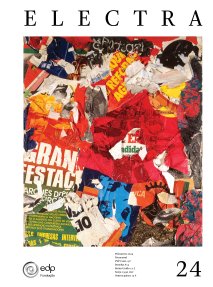
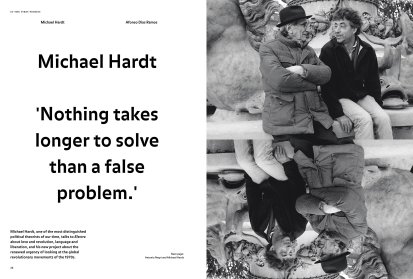
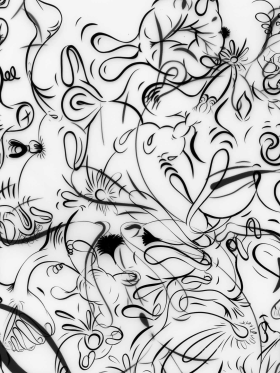
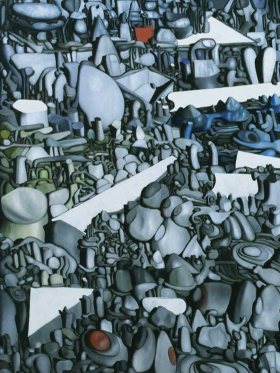

Share article